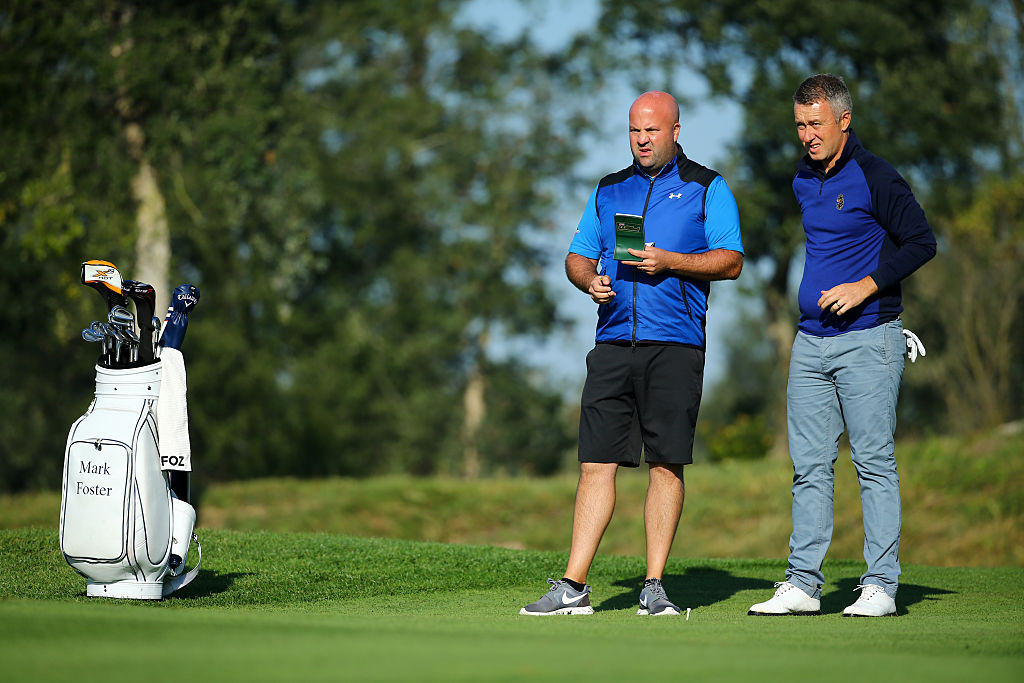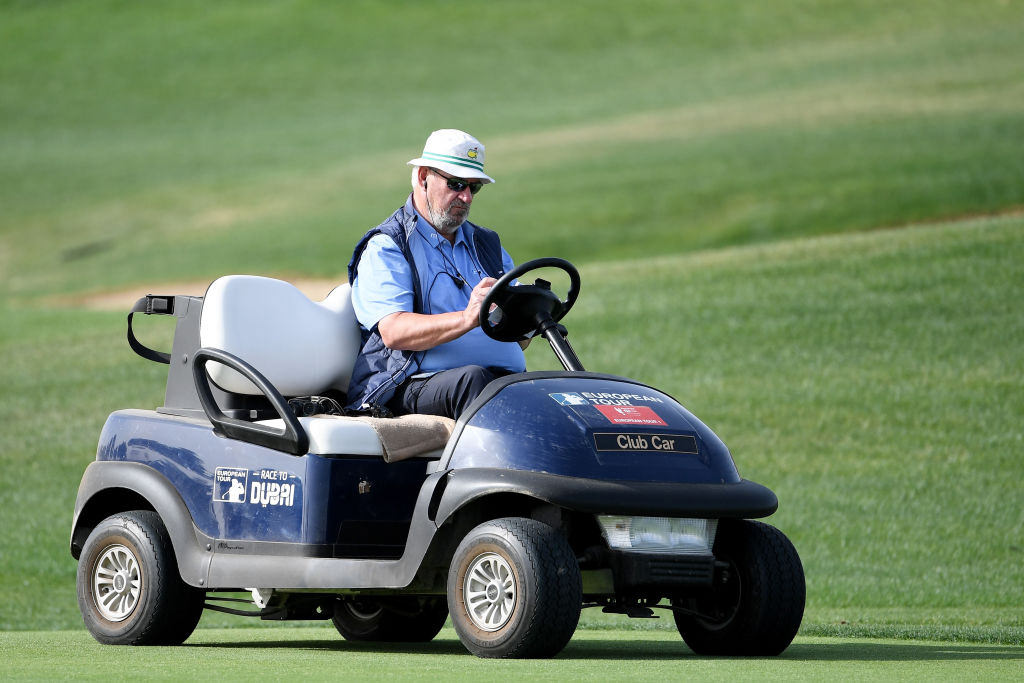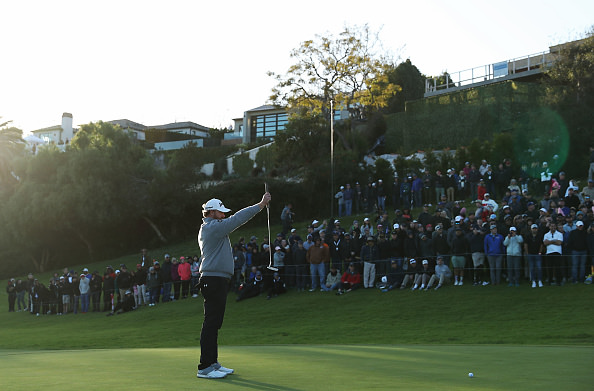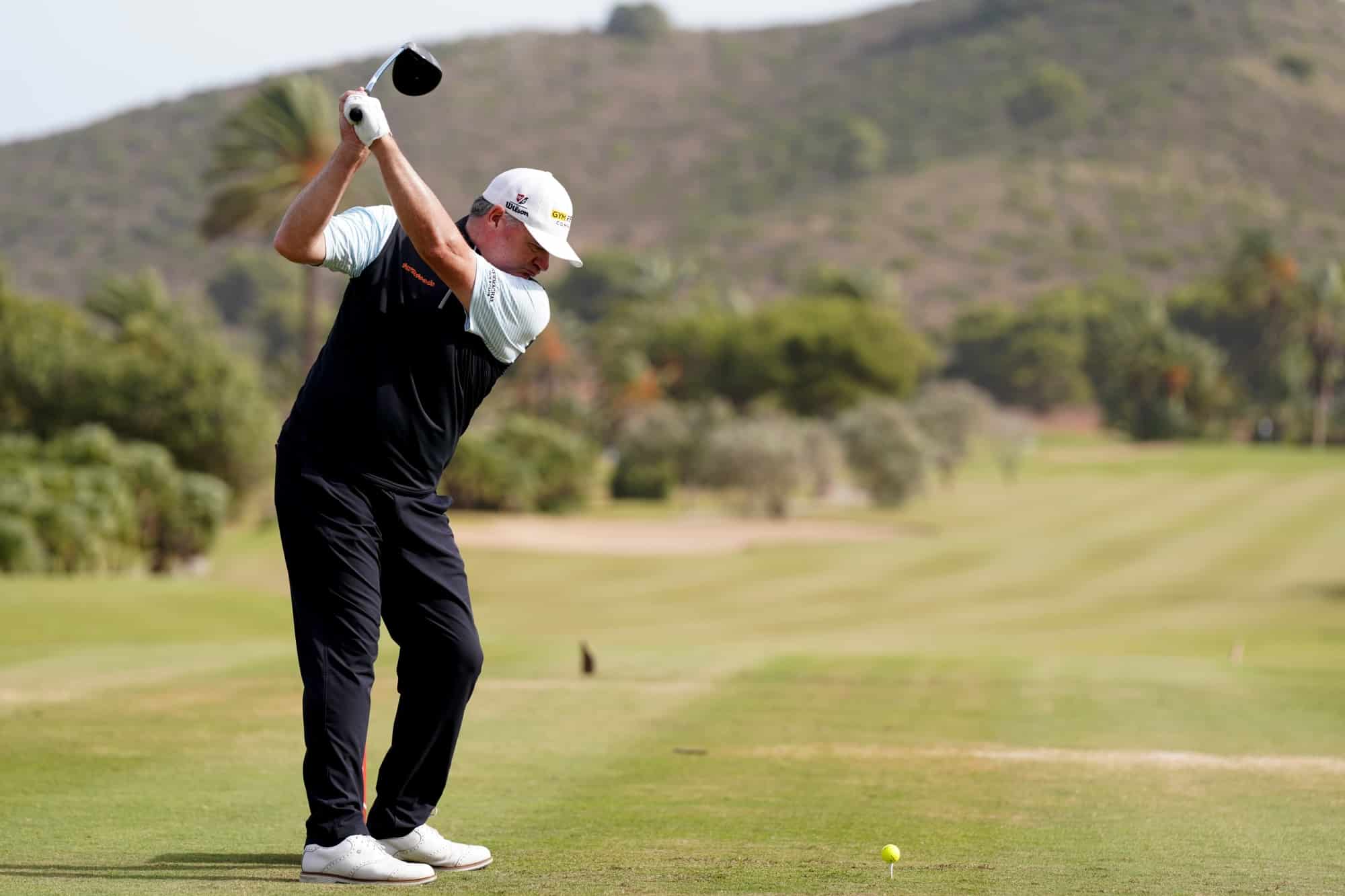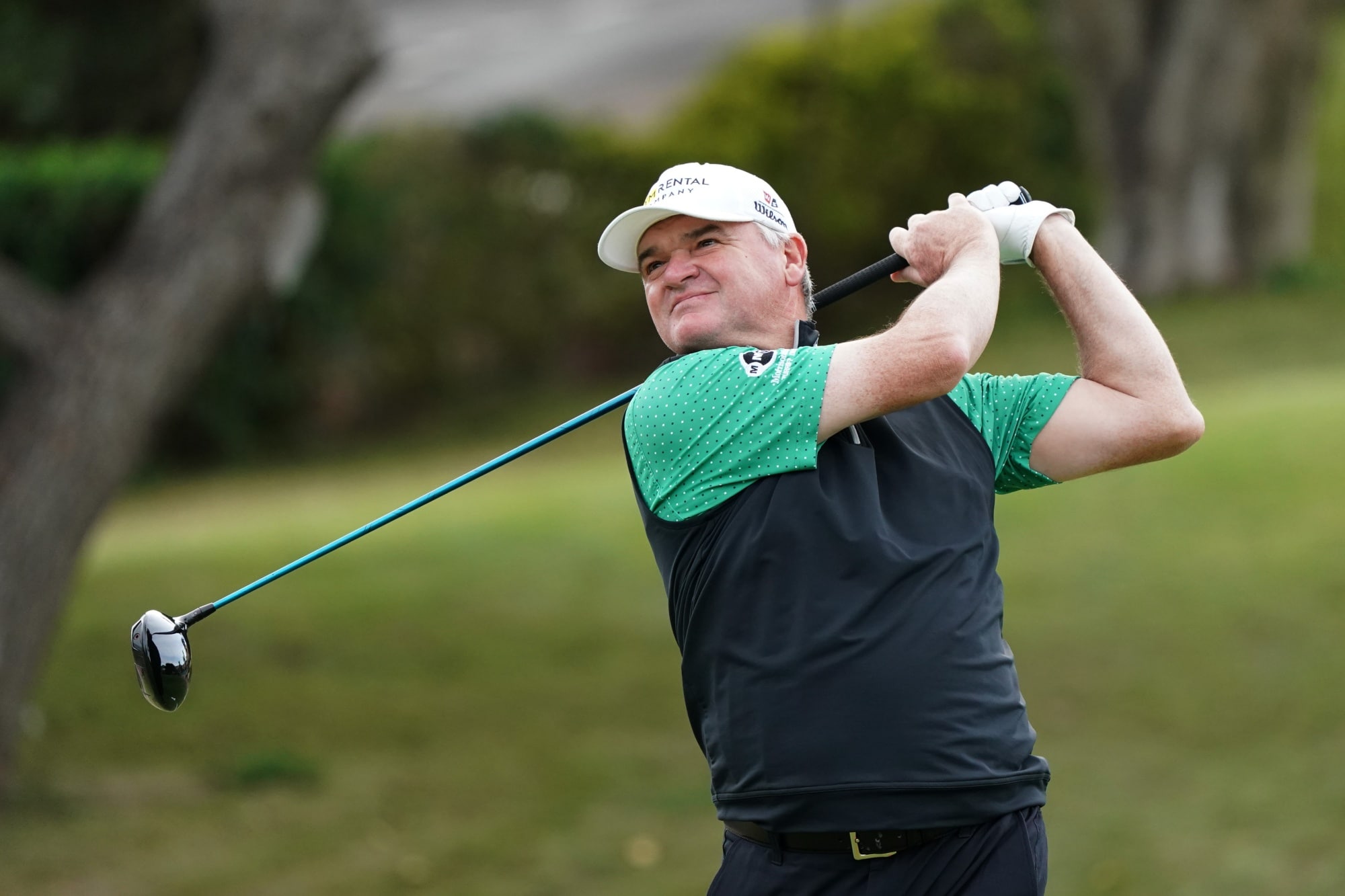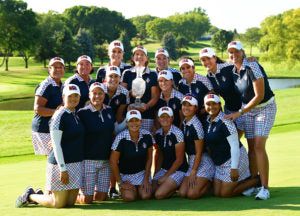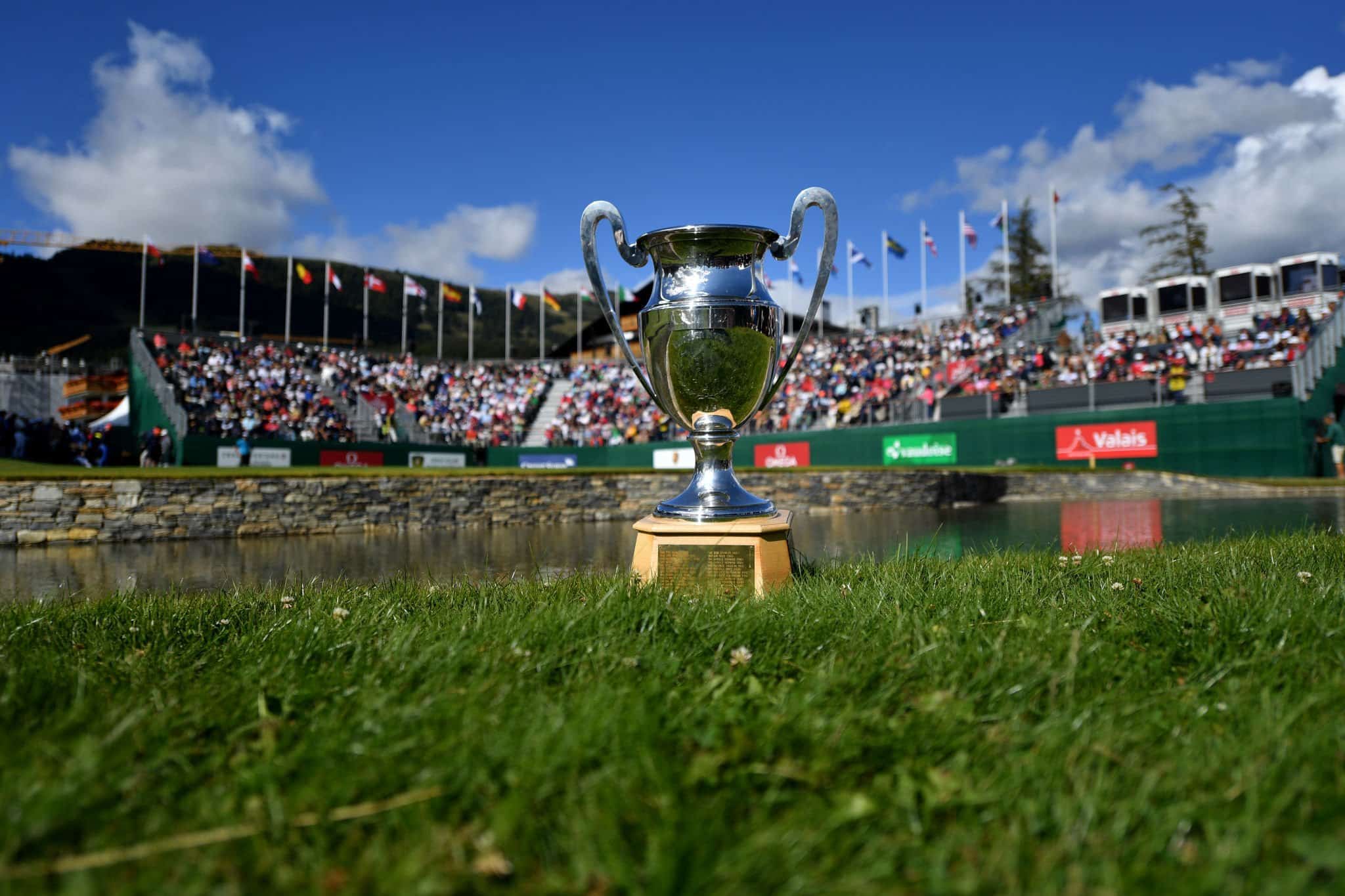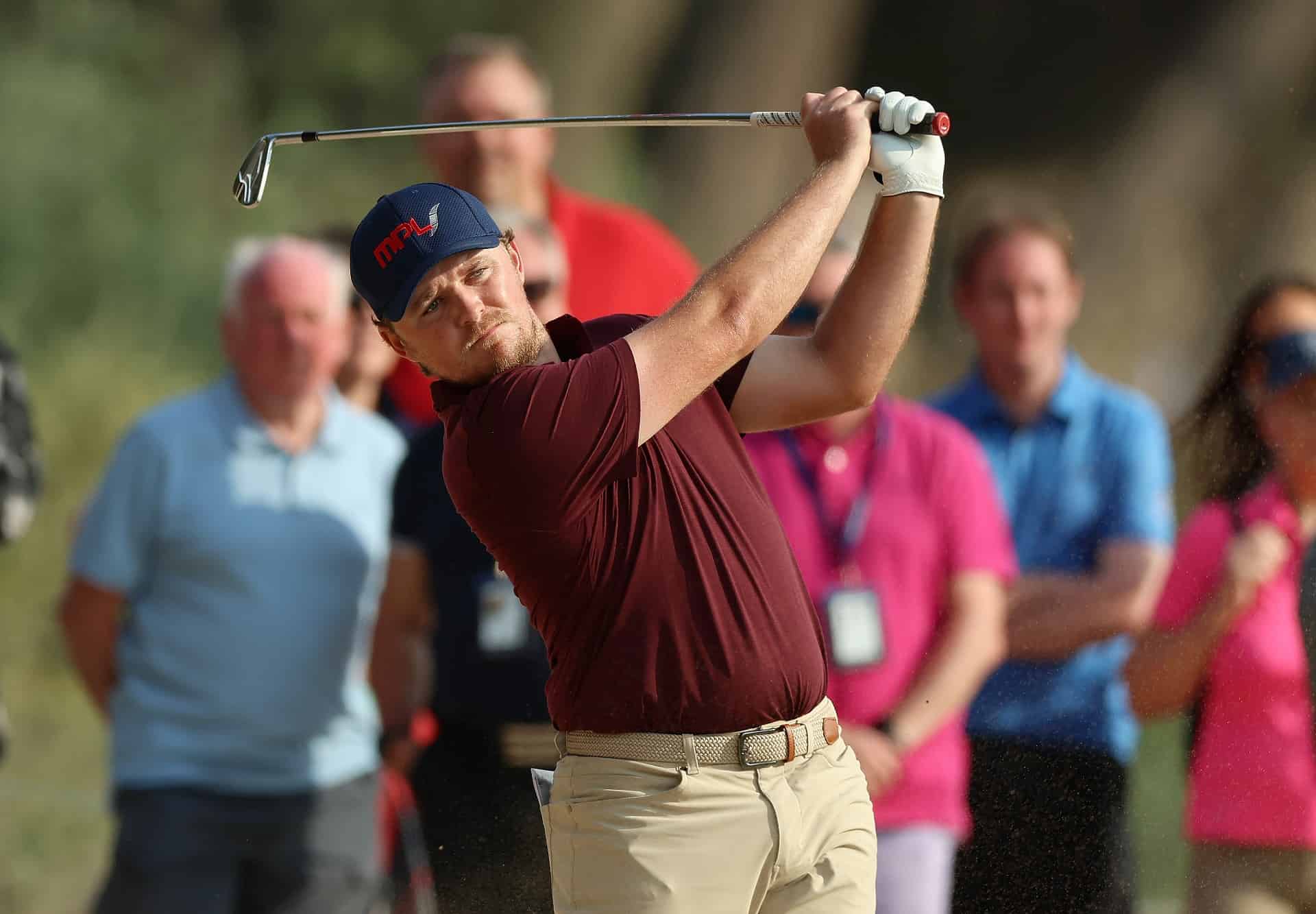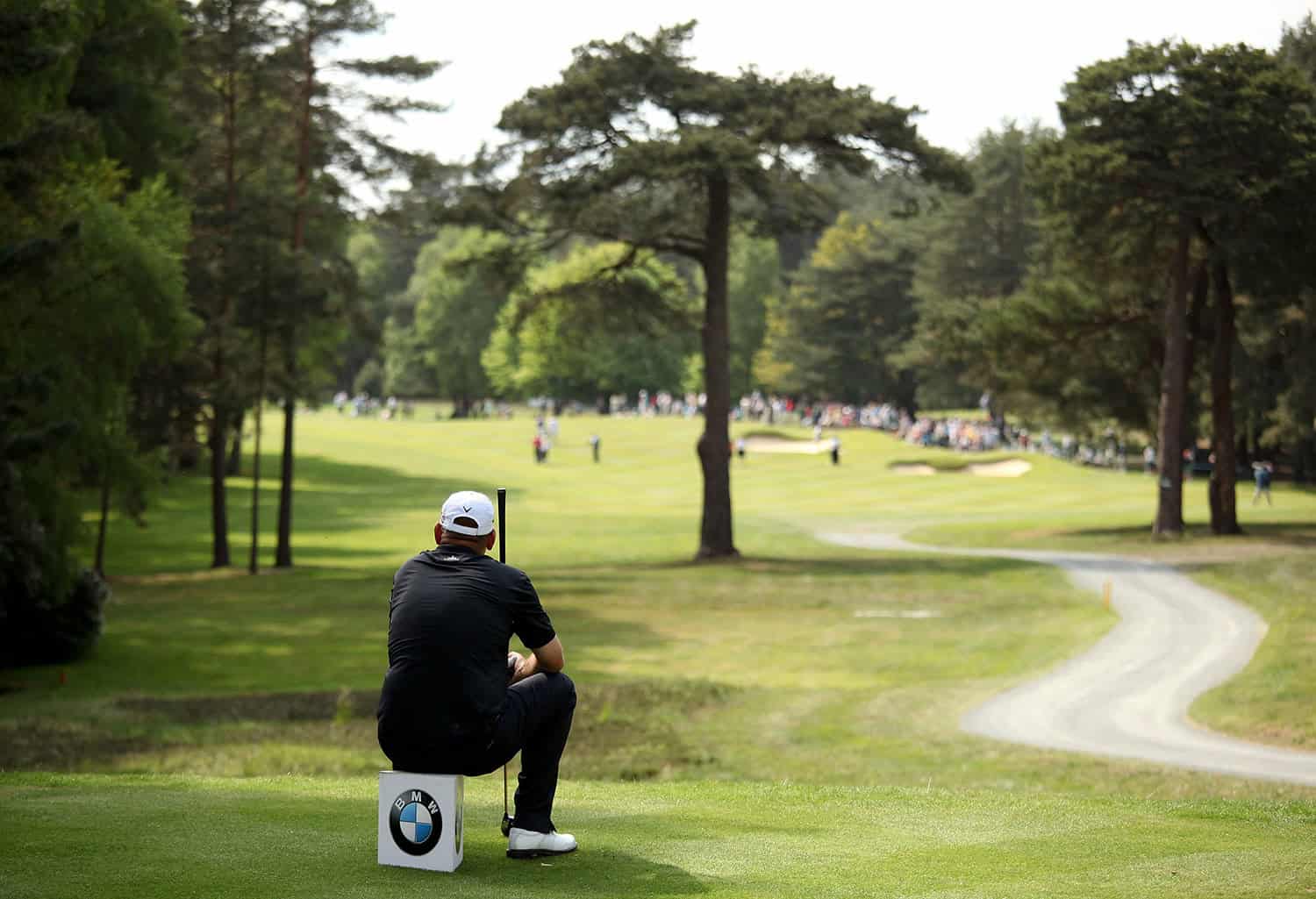
Slow play and what actually happens on the European Tour
As sure as night follows day the thorny topic of slow play crops up year after year after year. I once interviewed the great course designer Donald Steel maybe 15 years ago about slow play and he took the trouble to dig out and read a passage on the very same theme. It was from the 1930s.
Already this year, even with all the rules hullabaloos, we’ve had JB Holmes plumb-bob-bob-bobbing his way round Riviera and Bryson DeChambeau being slaughtered for his air density observations in Dubai.
And so on and so forth. It’s the problem that never goes away and, supposedly, the biggest turn-off to golfers old and new.
In a two-part interview we sat down with Mark Foster, who has been a member of the European Tour for more than 20 years and a renowned quick player to hear. First up, what actually happens on tour…
“It’s almost unsolvable in a way. In the amateur game or club level it can’t be properly policed, at pro level the players are too clever to get caught.
“Twenty years ago the rounds were quicker but the courses were obviously shorter and there was less infrastructure. Modern courses have tees built further back – look at the Ryder Cup course at Gleneagles, there’s probably 200 yards to every tee on top of the 7,200-yard course.
“I used to play a lot at Walton Heath on the New when I lived in London which is one of the classics. I would play there off the members’ tees and we would be round in three hours 20 minutes. If you played off the championship tees it would take an hour longer.”
**
“The actual procedure on the European Tour for monitoring play is if a group is starting to get out of position then a referee, as a warning to the group, follows them in a buggy from outside the ropes as the players don’t want the referees to interact too much with them.
“Then if you get out of position they come inside the ropes to time you so you’re then on the clock as a group. It is then up to the referee’s prerogative as to who he times so if he’s confident that one player is quick then he will leave them alone.
“If you get one bad time then you will be told, a second bad time in the same round and you will be fined. Then every fine after your first is doubled financially on your next bad time in any round that year.”
**
“If you are timed then it gets chalked up on a board and any player can see that and if you’re timed, not monitored, more than 10 bad times in a season you are still fined even if you have no bad times and this is where players argue about being in slow groups. The bad times are highlighted on the same sheet.
“You go on the clock as a group because of a slow player and the quicker player then gets in a situation where he might need longer to play a certain shot and he thinks he’s entitled to this. For me a shot is a shot and, if you have the mentality to treat every shot the same, then you can break it a bit even if it is a hard shot or whatever.”
**
“Tournament director Miguel Vidaor proposed decades ago to have random timings at every event so everyone is on their toes and it got voted down. The players thought that it wouldn’t be fair and players wanted protecting and that mentality needs changing.
“Referees position themselves at good vantage points but they could time you with binoculars and check certain players more often.”
**
“You’ve got a straight split on what the players want. The faster ones want it sorting, the slower ones think it will take forever anyway. The bottom lime is that you’re only as quick as the field. If the field is slow the groups don’t get out of position.
“At Riviera JB Holmes wasn’t out of position so wasn’t technically doing anything wrong. Some people can take two minutes over a shot and if the TV are positive then nobody picks up on it, if the TV are negative then the whole world hates him. Holmes has some issues but, in professional terms, he wasn’t doing anything wrong.”
**
“In Europe, if you are out of position they won’t discriminate and they will time you and you will be warned. Jordan Spieth got a warning in Abu Dhabi and he was the World No. 1 at the time.
“Of the majors the most likely to throw in a penalty shot would be The Open as the R&A work closer with the European Tour. You get the feeling that in America everyone’s earning good money, the TV is more positive and there is less dwelling on slow play and fewer negatives. We do tend to be stricter.”
So what are the solutions? Foster explains in part two…
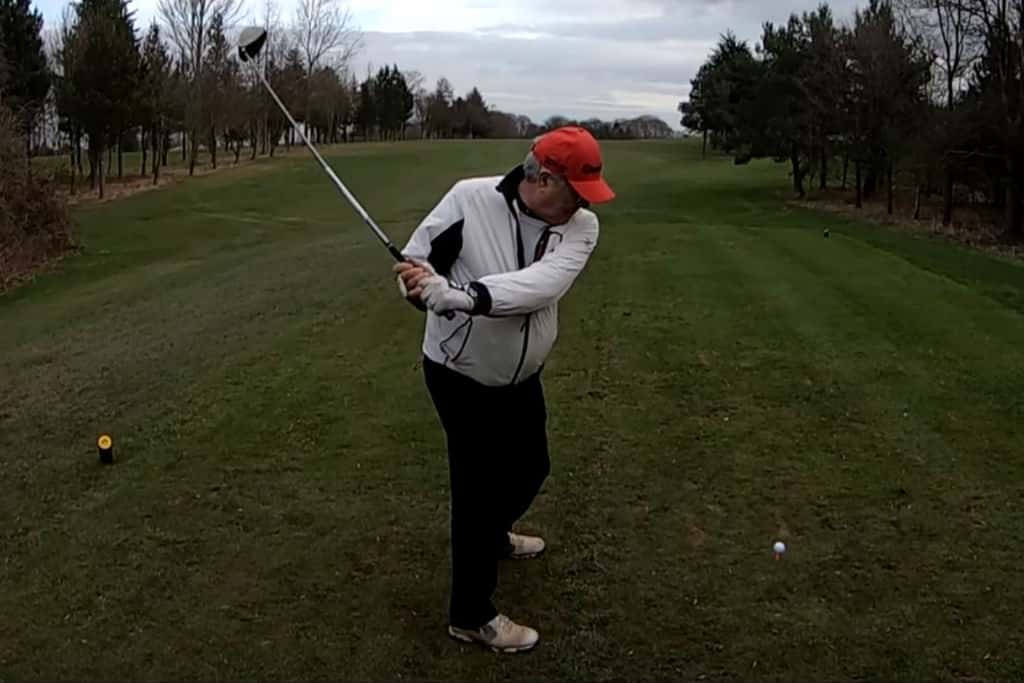
What do club golfers think of slow play?
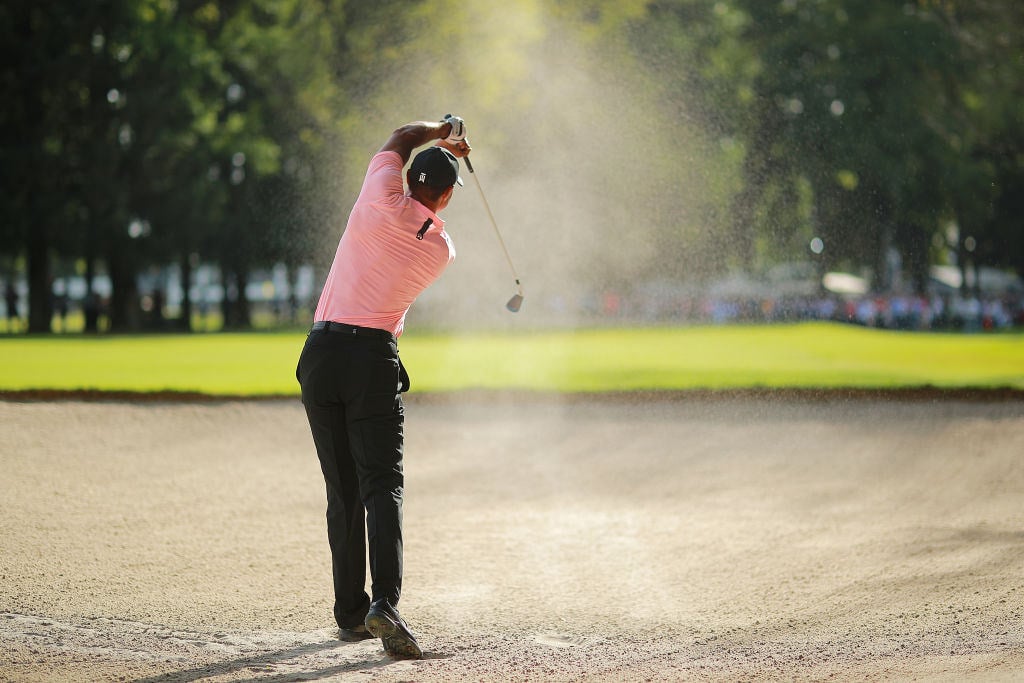
Improve the pace of play? Be careful what you wish for
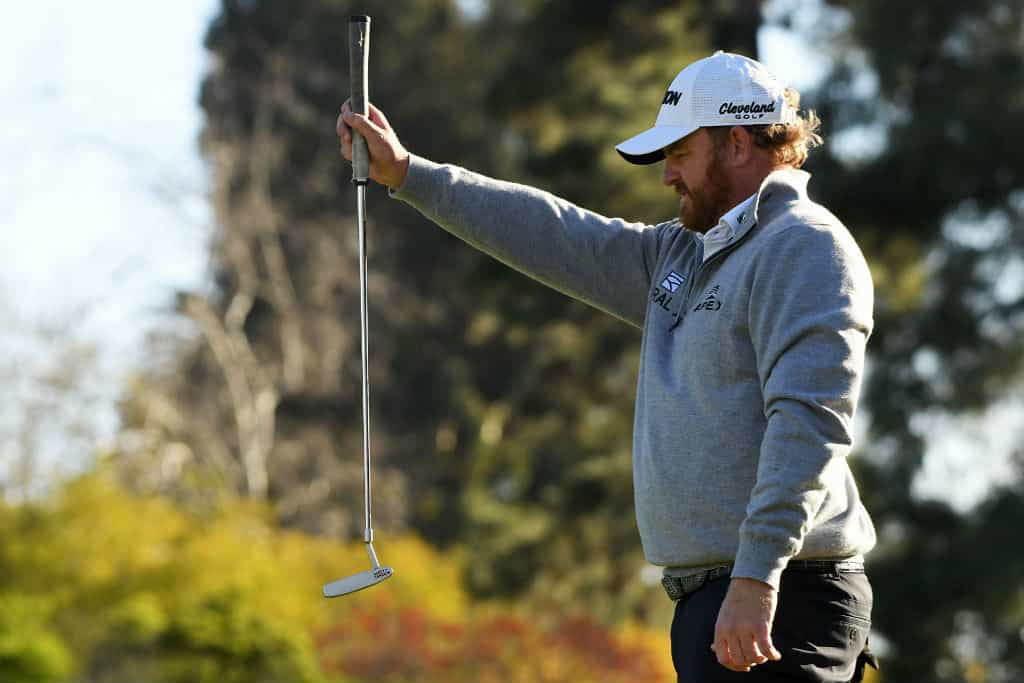
What do the Rules of Golf say about slow play?
Mark Townsend
Been watching and playing golf since the early 80s and generally still stuck in this period. Huge fan of all things Robert Rock, less so white belts. Handicap of 8, fragile mind and short game

